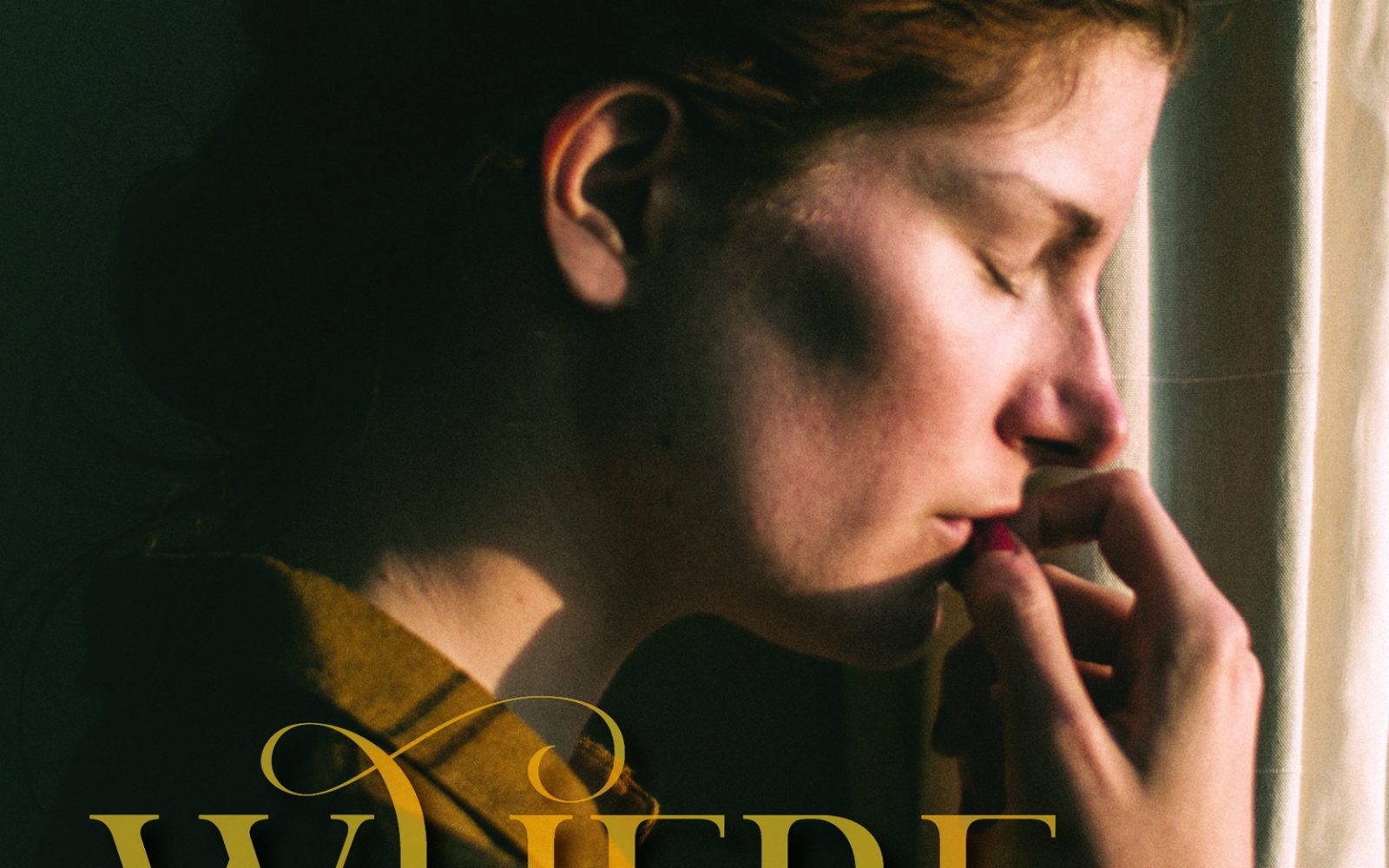Writing Inspiration/Beverly Magid
January, 2018
All three of my novels feature female protagonists, ordinary women in extraordinary circumstances.
That’s my overall general inspiration, but of course each of the books had their specific, particular
moment when I decided to write them. Starting out years ago as a journalist, then a publicist in
entertainment, people were always pushing me to write a Hollywood story. Be my own version of Jackie
Collins, but entertainment was my job, a fun one, but work nevertheless. I loved talking to John Lennon,
or seeing Cary Grant conduct a press conference, but I had no desire to go behind the scenes and do a
gossipy kind of novel. And to be truthful, I didn’t know any deep dark secrets which would lend
themselves to that type of book.
What interested me is what keeps a woman strong when faced with obstacles. Life is always throwing us
a curve and it’s how we handle that problem which makes us the person we are. I had a very early draft
of a story about two young people during World War 2 on the home front of Brooklyn. I couldn’t get the
character, Judith, out of my mind and when I was offered the chance to be a part of a workshop led by
author, Janet Fitch (WHITE OLEANDER) I jumped at the opportunity. From that workshop came FLYING
OUT OF BROOKLYN, the story of Judith, unhappy in her marriage, unfulfilled as a woman, meeting again
the boy she had a crush on during high school, now a returning wounded veteran, as tormented as she
was, with a very guilty secret of his own.
Then, later, I was given a tape my father had made before his death, the story of his growing up in
Russia, during the very turbulent times of Cossack attacks, peasant unrest and pogroms against the Jews
in villages and cities across the country. He described how his mother tried to protect him, especially
during the catastrophic flu epidemic that swept through the world, killing millions. It was that image of
my grandmother doing whatever she could to keep my father, who was her youngest, safe from illness,
that spurred me on to research that time and build my fictional story, SOWN IN TEARS, about Leah who
survives a pogrom in 1905, and is left alone to protect her children. Plus of course I had to add a
forbidden romance and many other problems which poor had Leah to confront and hopefully overcome.
The third and current novel, WHERE DO I GO, was inspired by a question from a reader, “what happens
next to Leah?” I didn’t plan to continue the story, but it got me thinking about where she goes and what
happens to her as an immigrant in America in 1908, still poor, still struggling, but determined to make a
better life for herself and her boys. She’s also determined to find a bit of beauty in life, and perhaps a bit
of love again. Leah refuses to give in to the horrific conditions she sees around her and she has to fight
back.
In today’s world, we see ordinary women deciding to fight back against conditions that confront or
demean them, or dismiss their worth. Women have always been looking for their place in society (see
Eve in Genesis) and I think their stories are the most interesting and are the ones I want to tell.


